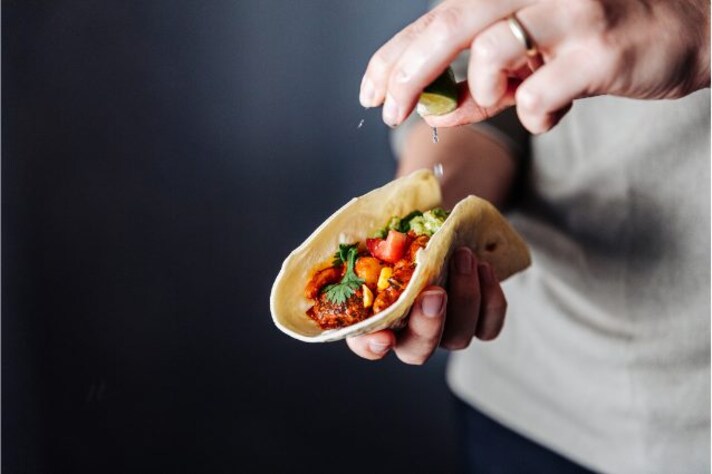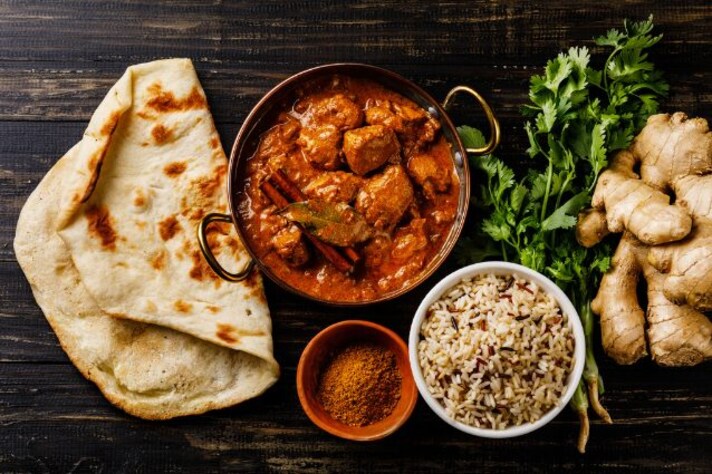Even the most skilled cooks can encounter mishaps in the kitchen. A moment of distraction, and suddenly you're facing a dish that's too sweet, too salty, too acidic, or, perhaps the most daunting, too spicy. Everyone's tolerance for spice varies, but no one enjoys the sensation of their eyes watering, nose running, or mouth burning from excessive heat. Fortunately, if you find yourself in this fiery dilemma, there are six effective strategies to tone down the spice and save your dish.

1. Add Dairy
Dairy products contain casein, a fat-loving compound that binds with capsaicin (the molecule that makes chili peppers hot) and helps wash it away. Incorporating dairy into your too-spicy dish can significantly reduce its heat. Try stirring in some yogurt, sour cream, or coconut milk, depending on what complements the dish's flavors. Not only does this method help tame the spice, but it also adds a creamy texture and richness that can enhance the overall taste.
2. Bulk Up the Dish
Increasing the volume of your dish can dilute the spiciness. Simply add more of the recipe's non-spicy ingredients to spread out the heat. If you're making a soup or stew, you might add more broth, vegetables, or even a bit of water. For sauces or curries, consider more tomatoes or the base ingredient. This method allows you to maintain the dish's intended flavors while making it more palatable.

3. Incorporate Acid
Acidic ingredients can help balance a dish's flavors, including its spiciness. Adding a splash of vinegar, lemon or lime juice not only can cut through the heat but also add a new dimension of flavor that complements the existing ingredients. It's a simple trick that can refresh the overall taste profile of your dish.
4. Sweeten It Up
Sugar can counteract spiciness by balancing the flavors. Adding a sweet component can help neutralize the heat without altering the dish's fundamental taste. Depending on the dish, you might add a spoonful of sugar, honey, or even a fruit puree. Start with a small amount, taste, and adjust as necessary.

5. Serve with Starches
Serving your spicy dish alongside or mixed with starchy foods like rice, pasta, bread, or potatoes can help mitigate the heat. Starches don't break down capsaicin, but they can act as a physical barrier, lessening the impact of the spice on your taste buds. Plus, they're excellent at absorbing flavors, ensuring that every bite is well-rounded.
6. Add Nut Butter
For dishes where it would complement the flavors, adding a spoonful of nut butter (peanut, almond, or cashew) can work wonders. Nut butters are rich and creamy, with a mild sweetness that can help mellow out excessive heat. They integrate seamlessly into many types of cuisine, particularly Asian dishes, contributing both a flavor boost and a reduction in spiciness.
;Resize,width=767;)
